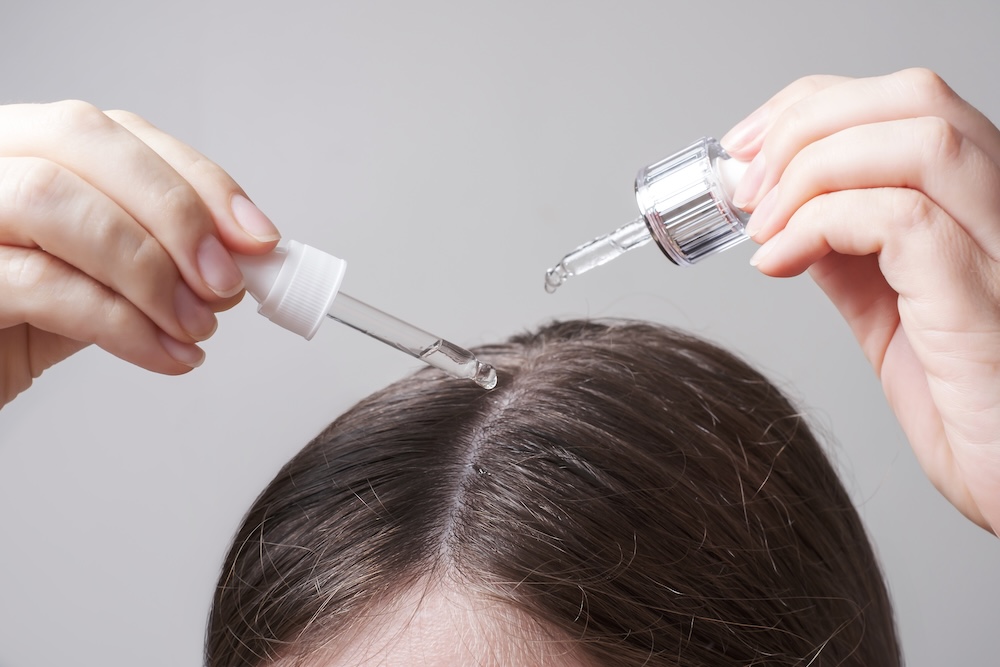A healthy scalp is more than a vanity goal—it sets the foundation for hair growth, comfort, and confidence. Yet many commercial shampoos contain harsh chemicals that strip oils, harm microbial balance, or pollute our waterways.
This guide offers natural, eco-friendly remedies to soothe dandruff, control oil, and reduce itch—all without sulfates, silicones, or plastic packaging. Whether you’re dealing with dryness, buildup, or sensitivity, you’ll find sustainable solutions that align with your well-being and environmental values.
Understanding Common Scalp Issues
1. Dandruff (Dry Flakes)
Caused by excessive dryness, erratic moisture loss, or imbalance in natural oils. Symptoms:
- White, dry flakes
- Scalp tightness or slight itch
- Often worse in winter or dry climates
2. Oily Scalp
Natural oils (sebum) over-accumulate, leading to:
- Stiff, shiny strands
- Scalp buildup
- Irritation and itching
3. Itchy or Sensitive Scalp
Can be triggered by:
- Fragrance chemicals or sulfates
- Hard water or pollution
- Stress or scalp biome imbalance
How Natural Remedies Address Scalp Health
- Balance sebum without stripping oils
- Restore scalp microbiome using gentle antimicrobials
- Soothe inflammation with plant-based anti-inflammatories
- Provide antioxidants to support scalp’s cellular health
Each remedy here supports scalp wellness while being eco-conscious—in packaging, sourcing, and biodegradability.
Top Natural Ingredients to the Rescue
A. Apple Cider Vinegar (ACV) Rinse
- Function: Balances pH and reduces yeast growth
- How to Use: Dilute 1–2 tbsp ACV in 1 cup of water. After shampoo or co-wash, massage into scalp for 2 minutes then rinse.
- Benefits: Clears buildup, calms itch, boosts shine
B. Tea Tree Oil
- Function: Natural antifungal and antibacterial
- How to Use: Mix 4–6 drops in 2 tbsp of carrier oil (jojoba, sweet almond). Apply to scalp bedtime or pre-wash.
- Caution: Always patch-test first; no more than 1% concentration
C. Aloe Vera & Chamomile Mask
- Function: Moisturizes and soothes inflammation
- How to Use: Blend equal parts fresh aloe gel and cooled chamomile tea. Apply to scalp, leave 15–20 minutes, rinse thoroughly.
- Ideal For: Sensitive, dry, or stressed scalps
D. Oat Protein & Honey Co-Wash
- Function: Cleanses gently and nourishes
- How to Use: Mix 1 tsp oat protein or flour with 1 tsp raw honey and warm water. Work into scalp, leave 5 minutes, rinse.
- Benefits: Reduces itch and adds slip for gentle combing
E. Bentonite Clay Scrub
- Function: Detoxifies and removes excess oil
- How to Use: Combine 1 tbsp clay with 2 tbsp water or hydrosol. Massage into scalp in circular motions, rinse after 5 minutes.
- Tip: Start once a week if you have oily buildup
F. Rosemary-Infused Scalp Oil
- Function: Stimulates circulation, reduces inflammation
- How to Use: Infuse fresh rosemary in carrier oil for 2–3 weeks. Massage a few drops into scalp 1–2 times weekly.
- Offset: Less water use, long shelf life
Daily Scalp Care Habits
- Use lukewarm water—hot water strips natural oils
- Avoid silicone-based products—they trap buildup
- Massage your scalp regularly—supports circulation and oil distribution
- Sun exposure—limited sun helps microbes and increases vitamin D
- Mindful choosing—opt for bottled refill & biodegradable ingredients where possible
Season-Specific Tips
- In Winter: Use ACV rinse and chamomile/aloe mask weekly to ease dryness
- In Summer: Rinse with diluted lemon water or mint hydrosol for freshness and sweat control
FAQs About Natural Scalp Care
Do these natural remedies really work?
Yes—especially over time, plant-based remedies work with your scalp’s biology for sustainable relief.
Can these methods help with hair growth?
Yes—by improving scalp health, you create a better foundation for growth and strength.
How often should I try them?
Start with once weekly. Adjust based on your scalp’s response—dry scalps may need less, oily ones may need more frequent attention.
Are essential oils safe on my scalp?
When diluted properly (no more than 1%), essential oils like tea tree, rosemary, and lavender can be powerful and safe. Patch-test before full use.
Do I need store-bought “natural” shampoos?
Not necessarily. Many people thrive with homemade co-washes, rinses, and infusions, reducing plastic and chemicals.
Final Thoughts: A Healthy Scalp, Naturally
Your scalp deserves care that honors its connection to the planet and your overall well-being. By turning to clean, plant-based remedies and gentle practices, you can soothe, restore, and support it in ways that feel nourishing, natural, and aligned with your eco-values.
Start simple: choose one remedy and weave it into your weekly routine. Notice how your scalp responds—and enjoy the confidence of a healthier, happier head each day.









Reader Interactions